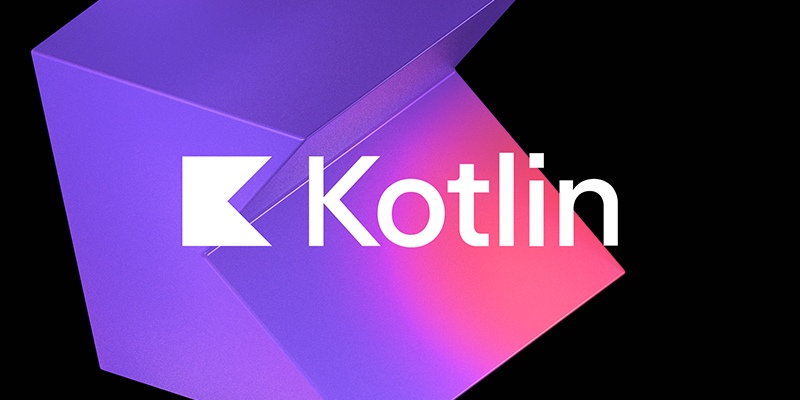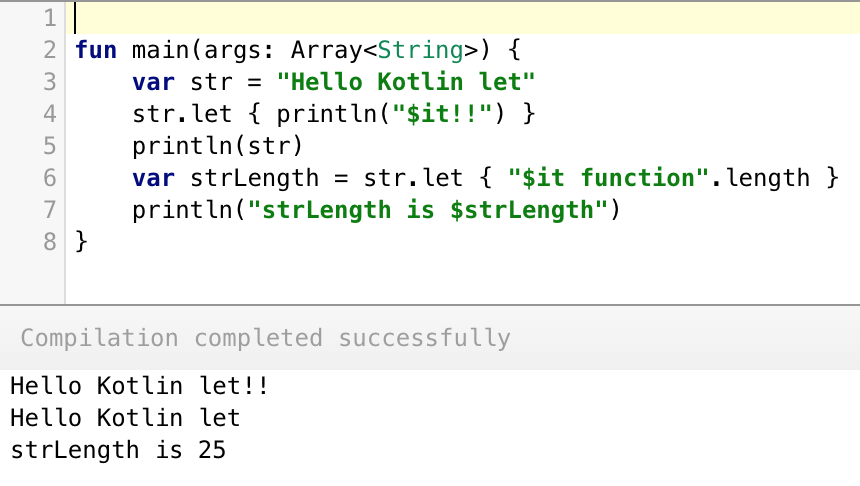Kotlin
WHAT IS KOTLIN?
- Kotlin is a modern, statically-typed programming language designed for the Java Virtual Machine (JVM).
- It offers concise and expressive syntax, making code more readable and maintainable.
- Kotlin is fully interoperable with Java, allowing developers to leverage existing Java libraries and frameworks.
- It provides enhanced safety features such as null safety and immutability by default, reducing the risk of runtime errors and improving code reliability.

USE OF KOTLIN
- Kotlin is widely used for Android app development, offering a more concise and expressive alternative to Java.
- It can be used for server-side development, enabling the creation of efficient and scalable backend systems.
- Kotlin is also utilized in cross-platform development frameworks like Kotlin Multiplatform and Kotlin/Native, allowing developers to write code that can run on multiple platforms.
- With its interoperability with Java, Kotlin is suitable for migrating existing Java projects or collaborating with Java teams.
WHAT ARE THE FEATURES OF KOTLIN?
Concise Syntax – Kotlin’s syntax is designed to be concise and expressive, reducing boilerplate code and making it easier to read and write. Features like type inference, lambda expressions, and smart casts help developers write clean and compact code.
Null Safety – Kotlin has built-in null safety features that help prevent null pointer exceptions (NPEs). It introduces nullable and non-nullable types, forcing developers to handle null values explicitly. This improves code reliability and reduces the likelihood of runtime crashes.


Interoperability with Java – Kotlin is fully interoperable with Java, allowing developers to seamlessly integrate Kotlin code with existing Java projects. Kotlin can call Java code and vice versa, enabling a smooth transition for developers and making it easy to leverage existing Java libraries and frameworks.
Coroutines – Kotlin provides built-in support for coroutines, which are lightweight concurrent programming constructs. Coroutines simplify asynchronous programming by allowing developers to write sequential code that looks synchronous while executing asynchronously. This makes handling concurrency and asynchronous tasks more readable and maintainable.
Extension Functions – Kotlin allows developers to extend existing classes with new functions without modifying the original class. These extension functions enable the addition of new behavior to existing classes, improving code modularity and extensibility.
THE BENEFITS OF LEARNING TO CODE WITH KOTLIN
Versatility – Kotlin is a versatile language that can be used for a wide range of applications, including Android app development, server-side development, web development, and more. By learning Kotlin, you gain the ability to work on diverse projects and expand your career opportunities.
Interoperability – Kotlin is fully interoperable with Java, which means you can seamlessly integrate Kotlin code with existing Java codebases. This allows you to leverage the vast Java ecosystem, reuse Java libraries, and collaborate with Java developers, making Kotlin a practical choice for projects that involve Java integration.
Enhanced Productivity – Kotlin’s concise syntax, type inference, and modern language features contribute to improved developer productivity. The language promotes writing clean and expressive code with fewer lines, reducing boilerplate and making development faster and more efficient.
Null Safety – Kotlin’s null safety features help eliminate null pointer exceptions (NPEs) at compile time. With nullable and non-nullable types, Kotlin encourages developers to handle null values explicitly, improving code reliability and reducing the chances of runtime crashes.
